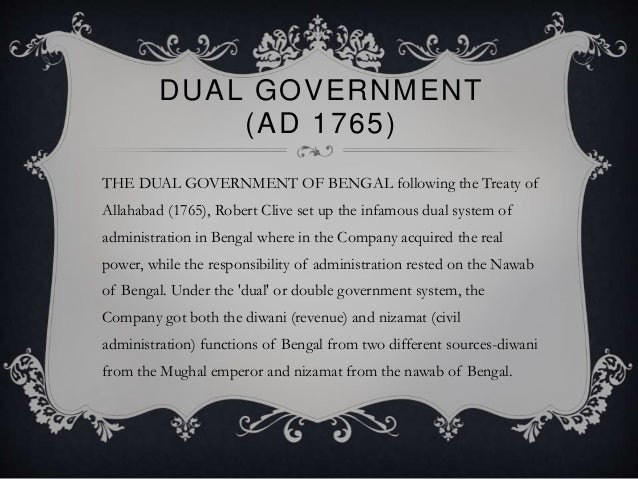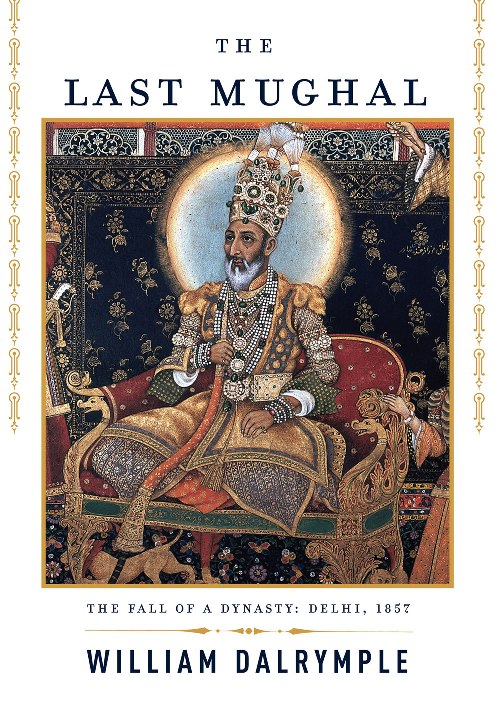Are you ready to find 'the early mughal experience in bengal essay example'? You can find all the information on this website.
Table of contents
- The early mughal experience in bengal essay example in 2021
- Mughal empire history
- Who were the mughals
- Mughal empire location
- Who was the first mughal emperor of india
- Mughal history in bengali pdf
- Mughal empire timeline
- The early mughal experience in bengal essay example 08
The early mughal experience in bengal essay example in 2021
 This image representes the early mughal experience in bengal essay example.
This image representes the early mughal experience in bengal essay example.
Mughal empire history
 This image shows Mughal empire history.
This image shows Mughal empire history.
Who were the mughals
 This picture demonstrates Who were the mughals.
This picture demonstrates Who were the mughals.
Mughal empire location
 This picture representes Mughal empire location.
This picture representes Mughal empire location.
Who was the first mughal emperor of india
 This picture demonstrates Who was the first mughal emperor of india.
This picture demonstrates Who was the first mughal emperor of india.
Mughal history in bengali pdf
 This image representes Mughal history in bengali pdf.
This image representes Mughal history in bengali pdf.
Mughal empire timeline
 This picture shows Mughal empire timeline.
This picture shows Mughal empire timeline.
The early mughal experience in bengal essay example 08
 This picture demonstrates The early mughal experience in bengal essay example 08.
This picture demonstrates The early mughal experience in bengal essay example 08.
When did Shahabu ud Din Shah Jahan Khusraw rule over the Mughal Empire?
In April 1624, Khurram started ruling independently over Bengal and Orissa, and soon over Bihar and Oudh as well. He was defeated in October 1624, but when Jehangir died in 1627, after a confused period under dâwar bakhsh (1627–28), he started ruling over the Mughal empire as shahabu-ud-din shâh jahân khusraw (1628–deposed in 1657).
What was the history of the Mughals in Bengal?
Bengal in the early mughal (who may have brought chinese invention of gunpowder around 100 AD to India; they might also have introduced the persial wheel into Indian agriculture, boosting production) period (1538–1563) was dominated by two Afghan dynasties: that of Sher Shah Suri and the Karrani dynasty.
Who was the Governor of Bengal in 1576?
After the fall of the Karrani power in 1576, Bengal was under the mughal rule. But the establishment of effective rule took some time. On 19th December, 1578, Khan-i-jahan died and Muzaffar Khan became the governor of Bengal.
Who was the Mughal emperor who defeated the Mags?
Because of revolts, Mansingh had to return to Bengal and defeat them in February, 1601; though revolts continued till next year. He also defeated the Mags of Arakan. The mughal empire passed on to nur-ud-din Muhammad jahângîr (1605–1627) who replaced Mansingh by Qutb-ud-din Khan Koka (1605–1607).
Last Update: Oct 2021